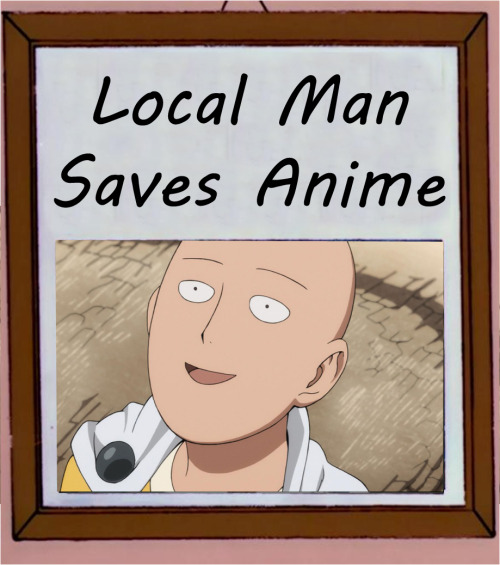There is a sub-culture within this sub-culture that is being an Otaku where you are very aware how fucked and awful anime is, yet you still can't escape it. I watch it because why not? Some of it is really cool but most of it is bad enough that my friends and I get some really fucking good laughs out of watching it together.
I watched anime during my formative years, sadly, so it's always stuck with me. I still watch anime, but I hate that because 99% of it is atrocious, my opinion that some of it is great like EVA and JoJo is completely written off by everyone. My girlfriend abhorrently REFUSES to even humor the idea of watching anime. I can't even show her things like EVA and JoJo, because unless you are already exposed to the bad intolerable parts like how EVA sexualizes its characters or Araragi's obsession with Hachikuji in Monogatari, the whole thing is ruined. A lot of anime fans just completely ignore those parts in order to enjoy the good parts, or like me, laugh them off because they are hilariously bad. People who aren't used to it though can't do that and it makes even the greatest anime impenetrable.
It is what it is, because yeah fuck Naruto and all the awful fetish fan-service shit, but it would be sick if people were at least a bit more open to the idea that not every animation that comes out of Japan is hot garbage, entirely at least.


